Provisional Tax Explained:
A Comprehensive Guide for New Zealand Taxpayers
Navigating the world of taxes can be daunting, especially when terms like “provisional tax” come into play.
If you’re a taxpayer in New Zealand, understanding provisional tax is crucial for staying compliant and avoiding unexpected tax bills.
In this article, we’ll break down what provisional tax is, who needs to pay it, and how you can manage it effectively.
Let’s get started…
What is Provisional Tax?
Provisional tax is a way of paying your income tax in instalments throughout the year, rather than in a lump sum at the end of the tax year.
This system helps taxpayers manage their cash flow and ensures that they don’t face a hefty tax bill when they file their annual returns.
Who Needs to Pay Provisional Tax?
In New Zealand, you need to pay provisional tax if your residual income tax (RIT) is more than $5,000.
Residual income tax is the amount of tax you need to pay after deducting any PAYE and other tax credits. Typically, this applies to self-employed individuals, contractors, and businesses whose income isn’t subject to PAYE.
How is Provisional Tax Calculated?
There are four main methods for calculating provisional tax in New Zealand:
Standard Method:
This is the default method. Your provisional tax is based on your previous year’s residual income tax plus 5%. This method is straightforward but can be inaccurate if your income fluctuates significantly.
Estimation Method:
With this method, you estimate your income for the current year and pay provisional tax based on that estimate. This method requires a good understanding of your income patterns and can be risky if you underestimate your income, as you may incur penalties.
Ratio Method:
This method is available to GST-registered taxpayers. Your provisional tax is calculated based on a percentage of your GST taxable supplies. This method aligns your tax payments more closely with your income but requires careful record-keeping.
Accounting Income Method (AIM):
Provisional tax is based on the profit reported in regular management accounts, submitted through IRD-certified accounting software.
Payment Dates
Payments are typically due in three instalments over the course of the tax year:
- First Instalment: August 28
- Second Instalment: January 15
- Third Instalment: May 7
However, if you file your GST returns on a six-monthly basis, your payments will align with your GST return dates.
Managing Payments
Using MyIR
The Inland Revenue Department (IRD) provides an online service called MyIR, where you can manage your tax payments. You can view your tax account, make payments, and update your income estimates if necessary.
Budgeting and Cash Flow Management
To avoid any surprises, it’s essential to incorporate provisional tax payments into your budgeting process. Setting aside funds throughout the year can help you manage these payments without affecting your cash flow significantly.
Seeking Professional Advice
Tax laws and obligations can be complex. Consulting with a tax advisor or accountant can provide you with tailored advice and ensure that you’re meeting all your tax obligations efficiently. We can help – simply get in touch!
Penalties and Interest
Failing to pay your provisional tax on time or underestimating your income can result in penalties and interest charges from the IRD. The key is to stay proactive and keep accurate records to avoid these additional costs.
Recent Changes and Updates
The tax landscape is always evolving. Recently, the New Zealand government has introduced several changes to help businesses affected by economic fluctuations, including adjustments to tax thresholds and deadlines. It’s important to stay informed about these updates to take advantage of any relief measures available.
In Conclusion;
Understanding and managing provisional tax is essential for maintaining your financial health and staying compliant with New Zealand’s tax regulations.
By using the appropriate calculation method, staying on top of payment dates, and seeking professional advice when necessary, you can effectively manage your tax obligations and avoid unnecessary penalties.
For more detailed information and personalised advice, visit the Inland Revenue Department’s website or consult with a tax professional.
If you would like further assistance to understand any of the above, please get in touch. We’d love to hear from you!

Streamline Your Business with a Registered Chartered Accounting Firm
Make the call today and trust your finances to our team of Chartered Accountants & Business Advisors



